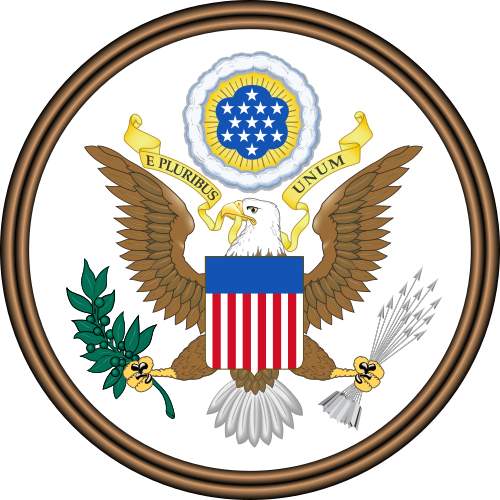Red-throated loon
 Red-throated loon.
Red-throated loon.The red-throated loon or red-throated diver (Gavia stellata) is a migratory aquatic bird found in the northern hemisphere. It breeds mainly in Arctic regions, and winters in northern coastal waters. It is the smallest of the loons. In winter, it is a plain bird, greyish above and white below; in the breeding season, it has a distinctive reddish throat patch. Fish form the bulk of its diet, though amphibians, invertebrates, and plant material are also sometimes eaten. A monogamous species, the red-throated loon forms long-term pair bonds. Both members of the pair help to build the nest, incubate typically two eggs and feed the hatched young. The red-throated loon has a large global population and a significant global range, though some populations are declining due to oil spills, habitat degradation, pollution, and entrapment in fishing nets. Natural predators, including various gull species and foxes, will take eggs and young. This species is protected by international treaties.











